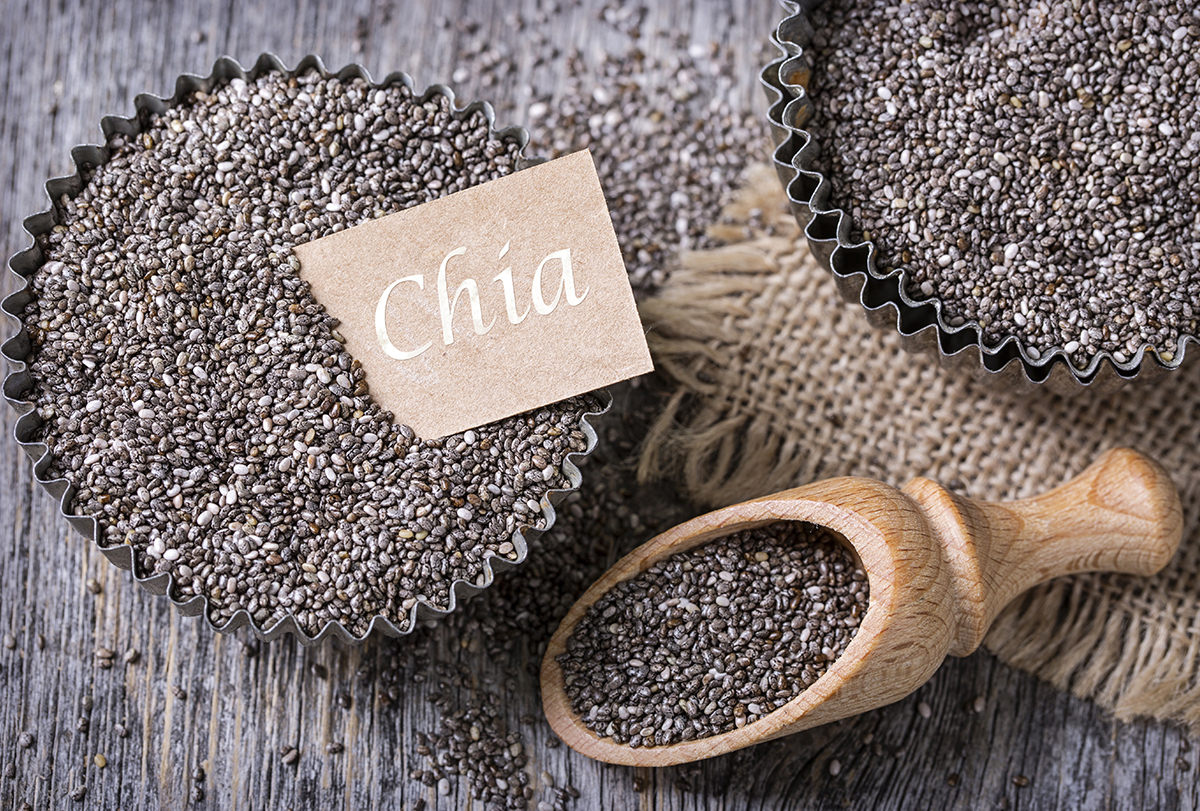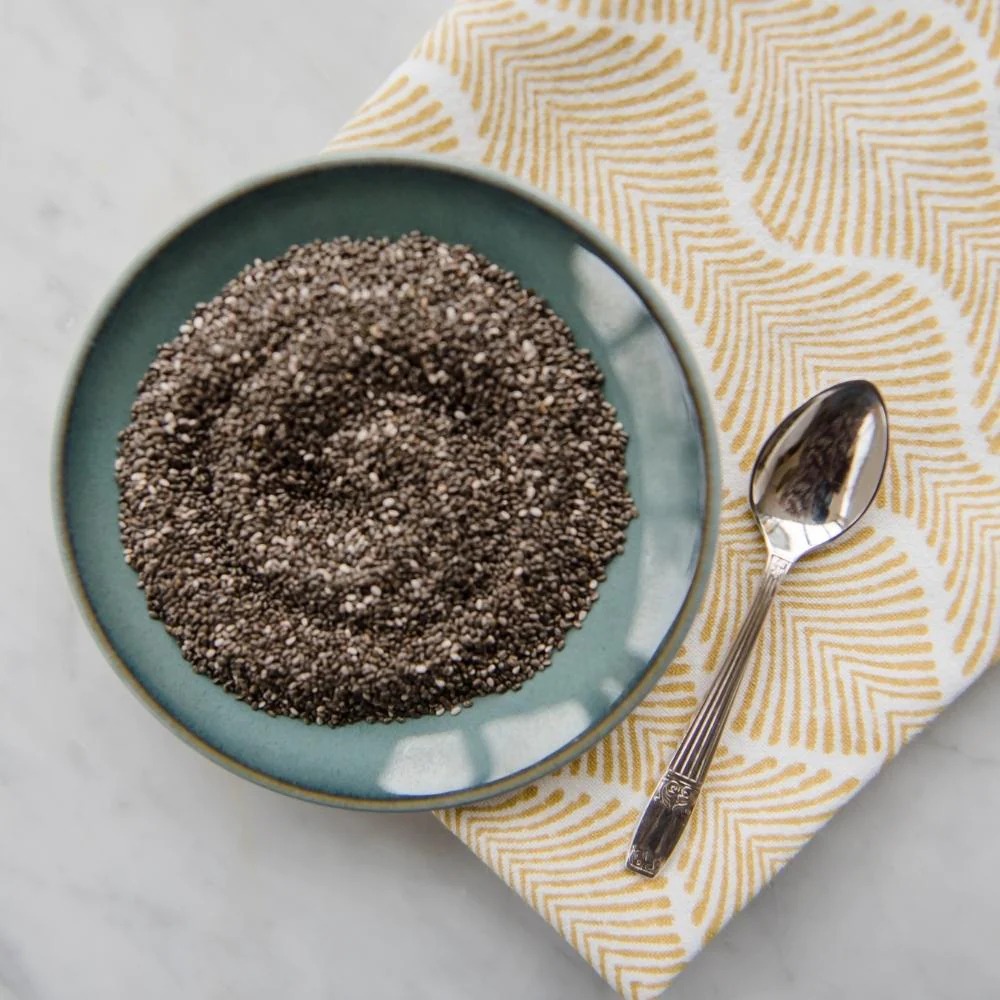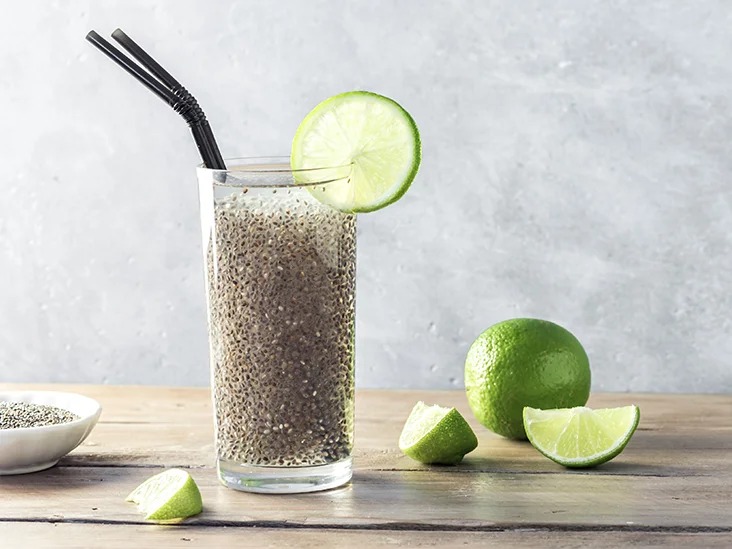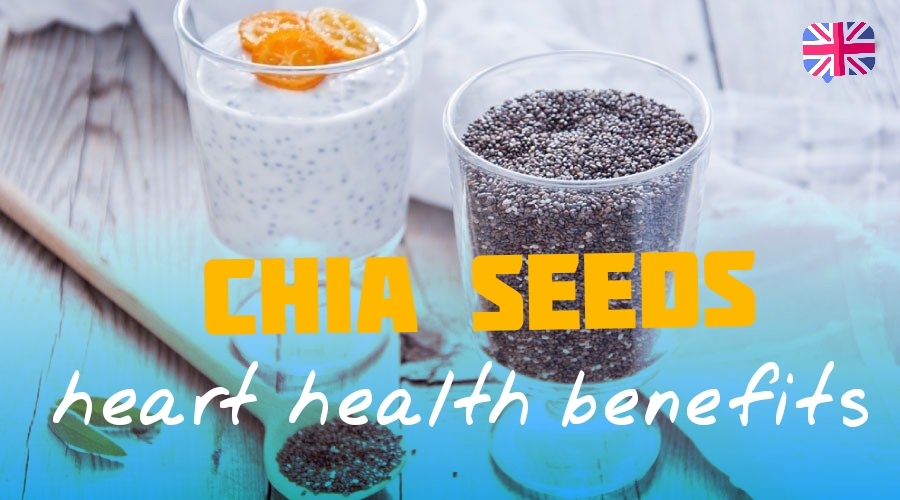HERB - Introduction to the Versatility and Benefits of Herbs
The Powerful Heart-Protective Properties of Chia Seeds: A Comprehensive Guide
Chia seeds have gained popularity in recent years due to their numerous health benefits. These tiny seeds are packed with nutrients, including fiber, protein, omega-3 fatty acids, and antioxidants, making them a great addition to any diet. One area where chia seeds have particularly shown promise is in promoting heart health. In this article, we will explore the many heart health benefits of chia seeds, as well as alternative treatments, medicinal uses, and tips on how to use them.
What Are Chia Seeds?
Chia seeds are the tiny, black or white seeds of the Salvia hispanica plant, which is native to Mexico and Guatemala. They have been a staple in the diets of the Aztecs and Mayans for centuries and were even used as currency in ancient times. Chia seeds are an excellent source of fiber, protein, and healthy fats, and they are also rich in vitamins and minerals, including calcium, magnesium, and iron.
Heart Health Benefits of Chia Seeds
a. Lowers Cholesterol Levels
Chia seeds are a great source of fiber, which has been shown to help lower cholesterol levels. In fact, one study found that consuming chia seeds for 12 weeks resulted in significant reductions in LDL (bad) cholesterol levels.
b. Reduces Blood Pressure
High blood pressure is a major risk factor for heart disease. Chia seeds contain a high amount of potassium, which has been shown to help lower blood pressure. One study found that consuming chia seeds for 12 weeks resulted in significant reductions in systolic and diastolic blood pressure.
c. Promotes Heart Health
Chia seeds are also rich in omega-3 fatty acids, which have been shown to promote heart health by reducing inflammation and improving cholesterol levels. One study found that consuming chia seeds for eight weeks resulted in a significant reduction in markers of inflammation.
Alternative Treatments and Medicinal User

a. Weight Loss
Chia seeds are often promoted as a weight loss aid due to their high fiber content, which can help reduce appetite and keep you feeling full for longer. One study found that consuming chia seeds for 12 weeks resulted in significant weight loss in overweight adults.
b. Digestive Health
The high fiber content of chia seeds also makes them great for digestive health. Fiber can help promote regularity and prevent constipation. Additionally, chia seeds contain a gel-forming fiber that can help soothe the digestive tract.
c. Diabetes
Chia seeds may also be beneficial for individuals with diabetes. One study found that consuming chia seeds with a meal resulted in a significant reduction in post-meal blood sugar levels in individuals with type 2 diabetes.
How to Use Chia Seeds

Chia seeds can be easily incorporated into your diet in a variety of ways. Here are a few tips on how to use them:
a. Add them to smoothies: Chia seeds can be added to smoothies for an extra boost of fiber and protein.
b. Use them as a topping: Sprinkle chia seeds on top of yogurt, oatmeal, or salads for a crunchy texture.
c. Make chia seed pudding: Combine chia seeds with your favorite milk and sweetener for a healthy and delicious pudding.
d. Use them as an egg substitute: Chia seeds can be used as an egg substitute in recipes that call for eggs.
Conclusion

Chia seeds are a nutrient-dense food that offers many health benefits, particularly when it comes to heart health. They are a great source of fiber, protein, omega-3 fatty acids, and antioxidants. Incorporating chia seeds into your diet can help lower cholesterol levels, reduce blood pressure, and promote heart health. Additionally, they may also be beneficial











